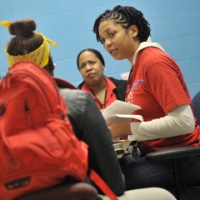
In Session Six of Character Chess "Flock Together", we discuss the importance of surrounding yourself with people who believe in you and are willing to stand with and protect you. Recently, This American Life, from WBEZ Chicago, aired an episode on Harper High School. This program will upgrade your understanding of gangs. It explores eight strategies youth use to stay alive in Chicago. The first rule, "know your geography and who controls what blocks," explains that everyone belongs to gang. Few people, if any, can avoid belonging to a gang. This program is ground breaking and extremely disturbing.
| We spent five months at Harper High School in Chicago, where last year alone 29 current and recent students were shot. 29. We went to get a sense of what it means to live in the midst of all this gun violence, how teens and adults navigate a world of funerals and Homecoming dances. We found so many incredible and surprising stories, this show is a two-parter; you can listen to Part Two here. | Visit |


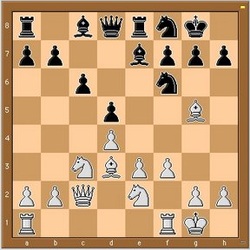
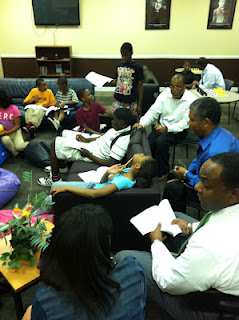
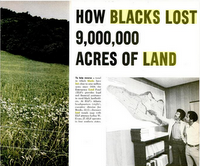
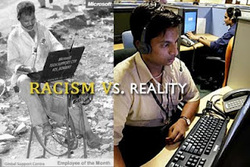
 RSS Feed
RSS Feed
